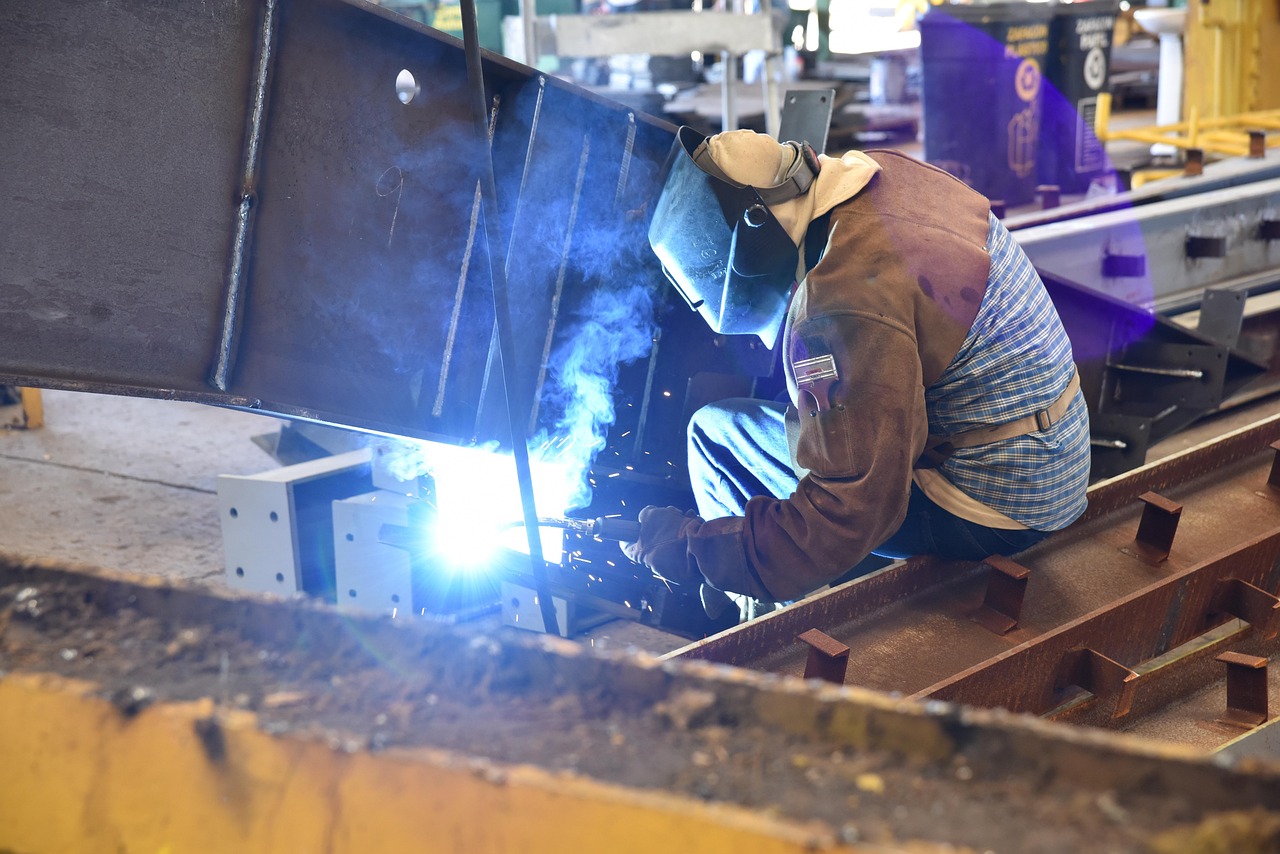Finding a career that aligns with your values and contributes to a better future is becoming increasingly important. More and more people are seeking “sustainable careers” – roles that not only provide financial stability but also have a positive impact on the environment and society. This blog post explores what sustainable careers are, why they matter, and provides actionable insights into pursuing a fulfilling and impactful professional path.
What are Sustainable Careers?
Defining Sustainability in the Workplace
Sustainable careers go beyond simply working for a “green” company. They encompass roles that actively contribute to environmental protection, social equity, and economic viability. They represent a commitment to long-term well-being, both for the individual and the planet. It means choosing a career path that doesn’t compromise the ability of future generations to meet their own needs.
The Three Pillars of Sustainable Careers
Sustainable careers are built on the three pillars of sustainability:
- Environmental Sustainability: This involves minimizing environmental impact, conserving resources, and promoting ecological balance.
- Social Sustainability: This focuses on creating a fair and equitable society, promoting human rights, and ensuring access to basic needs.
- Economic Sustainability: This emphasizes responsible economic growth that benefits all stakeholders, promotes innovation, and creates long-term value.
Examples of Sustainable Career Fields
The scope of sustainable careers is incredibly diverse, spanning various sectors. Some prominent examples include:
- Renewable Energy: Solar energy installers, wind turbine technicians, energy efficiency consultants.
- Environmental Conservation: Conservation scientists, environmental engineers, wildlife biologists.
- Sustainable Agriculture: Organic farmers, agricultural scientists specializing in sustainable practices, food technologists developing plant-based alternatives.
- Sustainable Transportation: Urban planners designing eco-friendly transportation systems, engineers developing electric vehicles.
- Corporate Social Responsibility (CSR): CSR managers, sustainability consultants advising businesses on environmental and social responsibility.
- Circular Economy: Waste management specialists, product designers focused on recyclability and durability, repurposing and upcycling entrepreneurs.
Why Choose a Sustainable Career?
Personal Fulfillment and Meaning
One of the biggest draws of sustainable careers is the sense of purpose and fulfillment they provide. Knowing that your work is contributing to something larger than yourself can significantly boost job satisfaction and overall well-being.
Job Security and Growth Potential
As the world becomes increasingly aware of environmental and social issues, the demand for sustainable solutions and expertise is rapidly growing. This translates into strong job security and excellent growth potential in sustainable career fields. According to the U.S. Bureau of Labor Statistics, employment in occupations related to solar photovoltaic installers is projected to grow 22.2% from 2022 to 2032.
Contributing to a Better Future
Sustainable careers offer a unique opportunity to make a tangible difference in the world. By working in these fields, you can directly contribute to environmental protection, social equity, and a more sustainable future for generations to come.
Competitive Salary and Benefits
While some may assume that sustainable careers involve sacrificing financial stability, this is often not the case. Many sustainable roles offer competitive salaries and benefits, reflecting the growing demand for skilled professionals in these areas.
How to Find a Sustainable Career
Identify Your Interests and Values
The first step is to reflect on your passions, interests, and values. What issues are you most concerned about? What skills and talents do you have to offer? Aligning your career with your values is crucial for long-term job satisfaction.
Research Sustainable Industries and Companies
Explore different industries and companies that are committed to sustainability. Look for organizations with strong environmental and social performance, innovative practices, and a clear commitment to making a positive impact. Resources like B Corp directories and sustainability reports can be valuable for this research.
Acquire Relevant Skills and Education
Consider pursuing education or training in a field related to sustainability. This could include a degree in environmental science, engineering, sustainable business, or a related discipline. Online courses, workshops, and certifications can also help you develop the necessary skills and knowledge.
Network and Seek Mentorship
Connect with professionals working in sustainable careers. Attend industry events, join online communities, and reach out to individuals for informational interviews. Mentorship can provide valuable guidance and support as you navigate your career path.
Tailor Your Resume and Cover Letter
When applying for sustainable jobs, highlight your relevant skills, experiences, and commitment to sustainability. Tailor your resume and cover letter to each specific position, emphasizing how your qualifications align with the company’s mission and values. Use keywords related to sustainability and the specific industry.
Specific Examples of Sustainable Career Paths
Sustainable Agriculture and Food Systems
- Organic Farmer: Grows crops using sustainable farming practices that minimize environmental impact.
- Agricultural Scientist: Conducts research to develop sustainable farming methods and improve crop yields.
- Food Technologist: Develops innovative food products that are both nutritious and sustainable, such as plant-based alternatives.
Renewable Energy and Energy Efficiency
- Solar Energy Installer: Installs and maintains solar panels, helping to reduce reliance on fossil fuels.
- Wind Turbine Technician: Inspects, maintains, and repairs wind turbines, ensuring efficient energy production.
- Energy Efficiency Consultant: Advises businesses and homeowners on ways to reduce energy consumption and lower utility bills.
Environmental Conservation and Restoration
- Conservation Scientist: Manages and protects natural resources, such as forests, wetlands, and wildlife habitats.
- Environmental Engineer: Develops solutions to environmental problems, such as pollution control and waste management.
- Wildlife Biologist: Studies and manages wildlife populations, helping to protect endangered species and maintain biodiversity.
Sustainable Business and Consulting
- CSR Manager: Develops and implements corporate social responsibility programs, ensuring that businesses operate in an ethical and sustainable manner.
- Sustainability Consultant: Advises businesses on how to improve their environmental and social performance, reduce their carbon footprint, and achieve their sustainability goals.
- Supply Chain Manager: Optimizes supply chains to be more sustainable by reducing waste, sourcing materials responsibly, and promoting ethical labor practices.
Conclusion
Choosing a sustainable career is not just about finding a job; it’s about making a conscious decision to contribute to a better world. By aligning your passions and skills with a commitment to environmental protection, social equity, and economic viability, you can create a fulfilling and impactful career that benefits both you and the planet. The opportunities are vast and growing, offering a promising path for those who seek a meaningful and sustainable professional life. Take the first step today by exploring your interests, acquiring relevant skills, and connecting with professionals in the field. The future of sustainability needs you!




